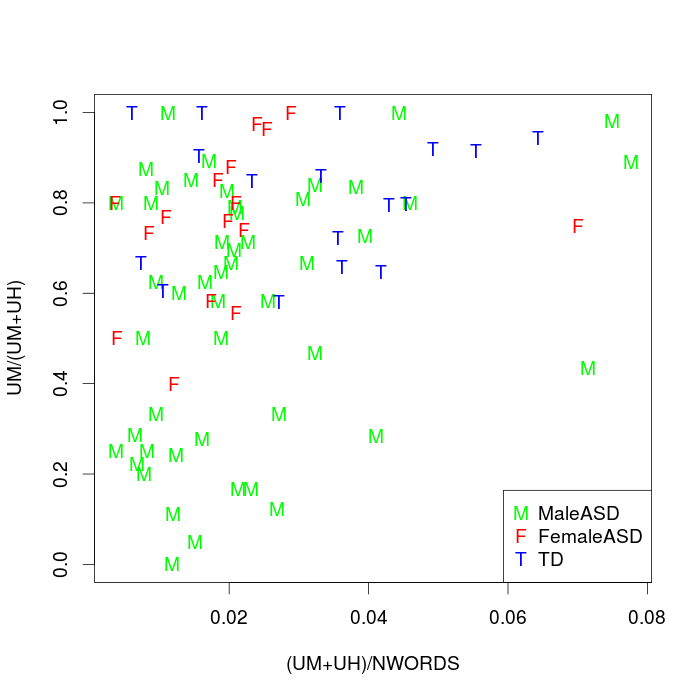Misnegation correction
Dahlia Lithwick, "The Ideal Allies", Slate 6/27/2016:
Make no mistake, Whole Woman’s Health is a massive win for choice, even though nobody believed that the very core of Planned Parenthood v. Casey wasn't in peril this term.*
*Update, June 27, 2016: This story also originally said nobody believed that the very core of Planned Parenthood v. Casey was in peril this term. The author meant to propose the opposite.
Don Monroe, who sent in this addition to the misnegation files, noted that the revision
is correct but seems to exacerbate rather than reduce the challenge of interpreting it. I would have said “even though nobody doubted that the very core of Planned Parenthood v. Casey was in peril this term.”

